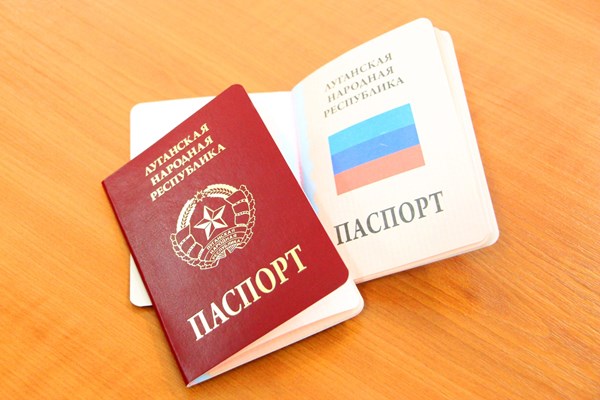LPR authorities admit it is impossible for some separatist fighters to obtain ‘passports’ in the 'republic'
The Luhansk People’s Republic (LPR) refuses to issue its passports to employees of the people’s militia who are registered in territory under Ukraine’s control, as stated by Dmitry Sidorov, a member of the People's Council of the LPR.
"The servicemen of our people's militia are not provided with passports because they are registered as Ukrainian residents. Here, they do not have the opportunity to register because you can’t be registered in the rented apartment. These are our servicemen and we cannot provide them with passports," he said.
In the summer of 2017, the LPR expanded the list of citizens who could receive a "passport" issued by the organization's structures. Another eight categories were added to the existing six categories of people who could receive a passport.
Among them are local officials, "civil servants," members of their families, people who, as of May 12, 2014, served their sentences in prisons in the Luhansk region or outside of its territory, and citizens of Russia and other states who were or are working in the bodies of the LPR and cannot confirm their citizenship, as well as persons having special merits before the LPR, documents to which can be handed over in accordance with the decision of the head of the LPR, Igor Plotnitsky.
Russian President Vladimir Putin signed a decree on February 18, 2017 to recognize documents issued to citizens of Ukraine and stateless persons living in separate areas of Donetsk and Luhansk regions. Passports, birth certificates and other documents are now considered valid in Russian territory.
Later it became known that the DPR/LPR "passports" in Russia are equivalent to Ukrainian documents. The holders of such "passports" are subject to the same rules of migration legislation as other citizens of Ukraine.
This was confirmed to the RBC news agency by the representative of the migration department of the Ministry of Internal Affairs of the Russian Federation, by a member of the Human Rights Council under the President of the Russian Federation and by an official of the LPR.
